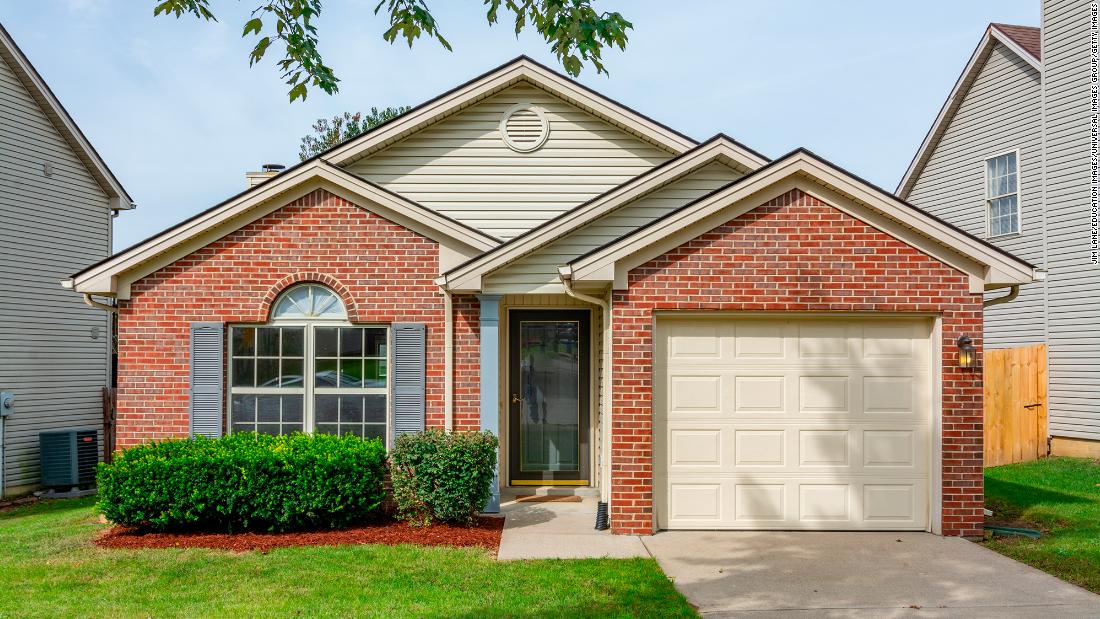“As expected, mortgage rates have continued to rise, but still hover around 3%, keeping buyers interested in the market,” said Sam Khater, chief economist at Freddie Mac.
Rates are also expected to rise throughout the year, as the economic outlook improves and the Federal Reserve remains committed to staying on track, said George Ratiu, senior economist at Realtor.com.
“The economic signs are pointing to a post-pandemic return to normality, a welcome development as spring approaches,” said Ratiu. “While we expect rates to remain favorable, especially in light of historical trends, the upward movement is limiting the budgets of many buyers and reducing their ability to qualify for more expensive homes.”
This could create more competition in popular price ranges, such as those sought after by first-time home buyers. “But these houses can take a long time to arrive, since most sellers are also looking to buy their next homes and remain attentive to market conditions,” said Ratiu.
Refinancing drop
But each time rates go up, refinancing makes sense for fewer homeowners.
Refinancing activity fell 26% last week from the recent high in January and is now at its lowest level since September 2020, according to the Mortgage Bankers Association. “Last week’s refinancing activity fell on all types of loans,” said Joel Kan, associate vice president of economic and industry forecasting for the MBA.
Recently, in early February, there were about 18 million homeowners for whom refinancing would make sense, according to Black Knight. These are homeowners who are up to date on their mortgages with a credit score of 720 and above, who have at least 20% of the equity in their home and who could reduce their interest rate by 0.75% or more by refinancing to a 30-year fixed rate mortgage at the current interest rate.
But those numbers dropped quickly.
In early March, when rates reached 3% again, the pool fell to 12.9 million applicants for refinancing, which was the smallest group since May last year and represented a reduction of almost 30% in just three weeks.
Can you still benefit from refinancing?
As a general rule, refinancing makes sense if you can reduce a total percentage point from your current rate. But there are other factors to consider – including closing costs, the term of the loan and how long you plan on staying in your home – that can make sense even a half-point drop from your current rate.
“Mortgage rates are rising faster than many homeowners would prefer, but refinancing can still be a winning proposition,” said Ziggy Jonsson, head of financial products at online credit company Better.com. “Today’s mortgage rates are still historically low.”
Lower payments may still be possible for millions of homeowners, he said.
“Our general advice is not to try to control the time on the market,” said Jonsson. “The cost of waiting to see if rates fall can backfire, not offsetting the risk. If the numbers make sense, take the opportunity.”
